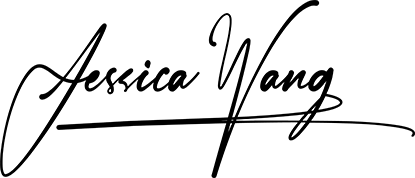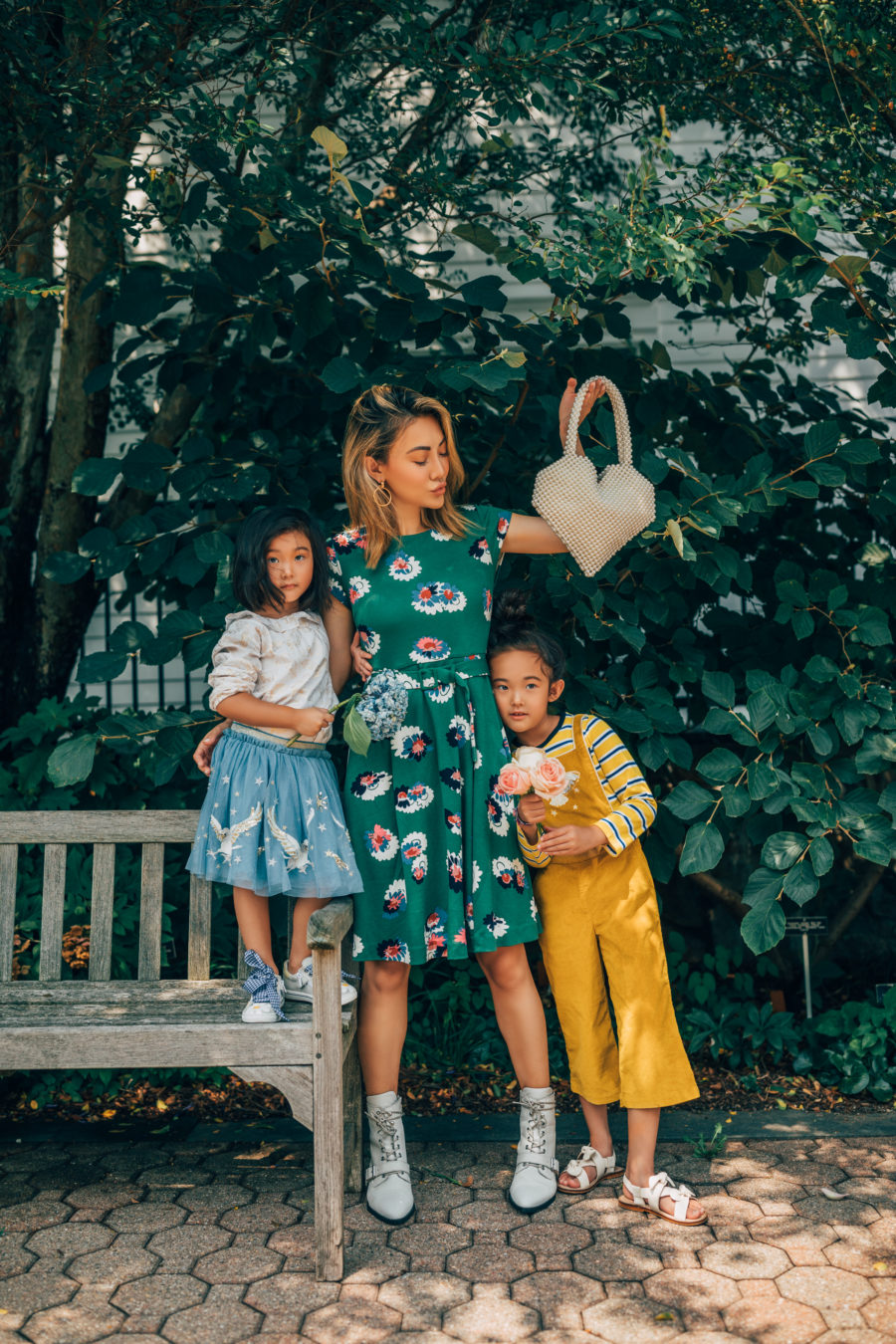
ON ME: Boden Dress Similar | Chloe Rylee Boots | Loeffler Randall Handbag // ON HAZEL: Boden Top Similar | Boden Overalls Similar | White Sandals Similar // ON CAPRI: Boden Top Similar | Boden Skirt Similar | Monnalisa Sneakers Similar
Imagine a world where you’d have to travel miles away in order to collect water for yourself and your family. On top of that, the journey is treacherous and you need to be vigilant of being kidnapped, tortured or sexually abused. If you manage to bring the water back home, there is also the chance this only source of hydration will give you diarrhea, cholera and other diseases that could result in your demise. This is the reality for many girls around the world.Globally, girls and women spend 200 million hours everyday gathering water. I wanted to bring this issue to light because International Women’s Day is on March 8th. As the world continues to get more complex, it is even more important for women to stick together and celebrate one another. That’s why I’ve been active in supporting UNICEF. I love how hard they work to help disadvantaged families have better access to water. If you’re on board, here are some simple ways you can celebrate International Women’s day too:
…
…
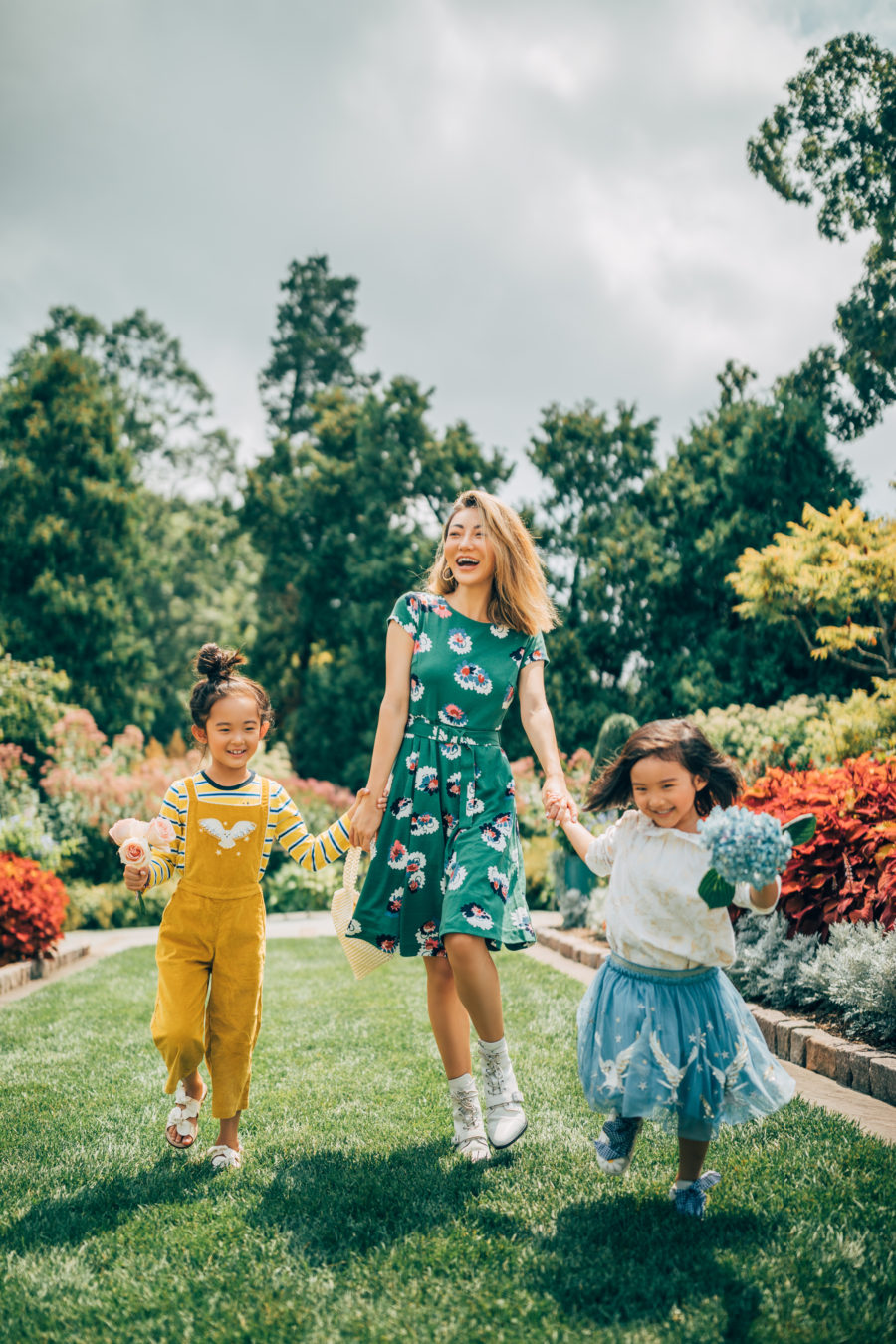
WASH
Nearly 1,000 children die a day – about 1 child every 2 minutes – from unsafe drinking water, poor sanitation or poor hygiene. UNICEF works vigorously to lower these numbers by implementing clean water solutions globally through its WASH program. In 2018, WASH provided 43.6 million people with water systems, 13 million with sanitation services, and 4.4 million children with WASH services in schools. Now, WASH is even installing solar powered water pumps to those in need.
What this means for girls: Girls who spend their days collecting water are not attending school and are at risk for entering child marriages. WASH gives them the opportunity to access safe water, basic toilets, and a greater opportunity for education.
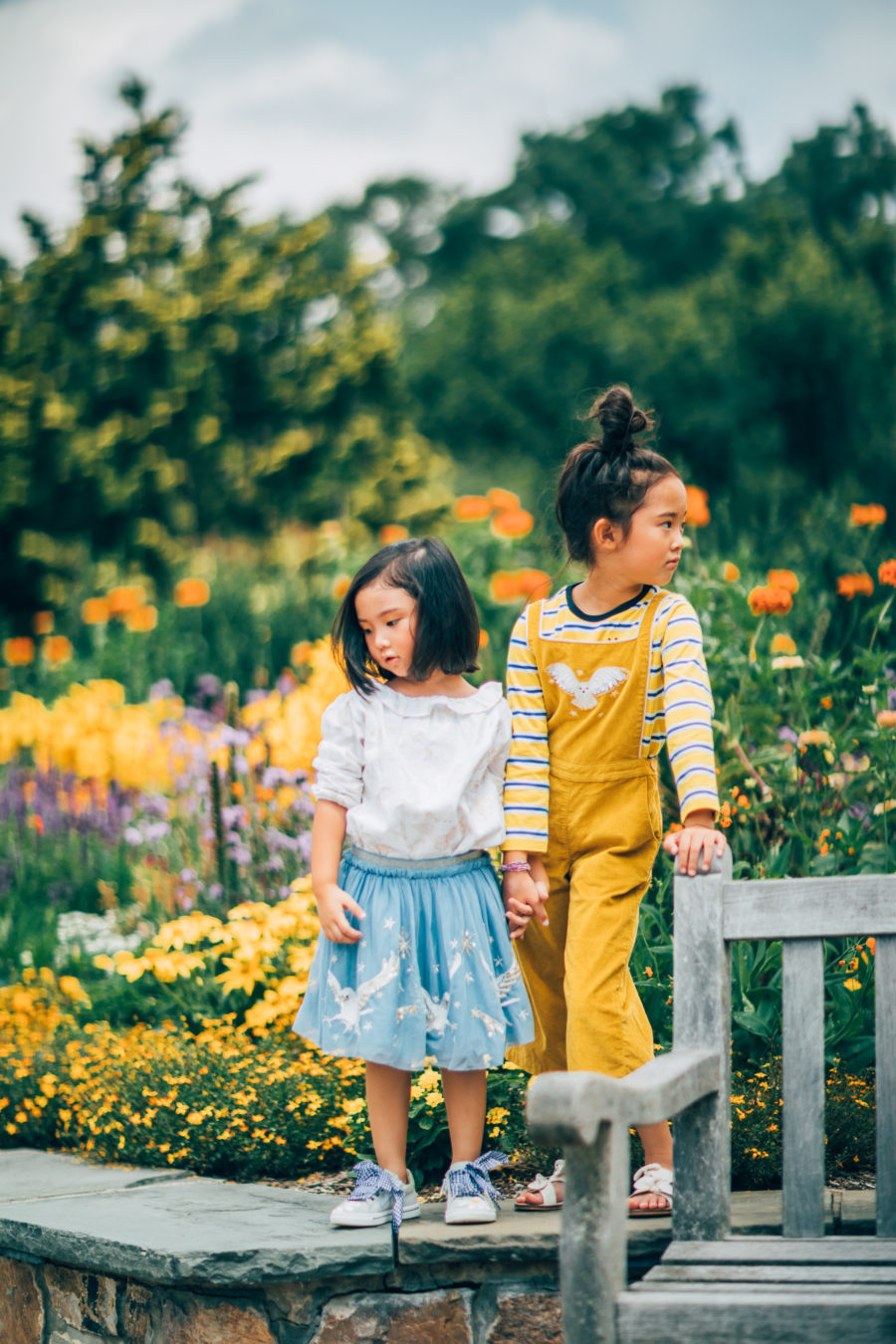

Menstrual Hygiene Management (MHM)
Many schools lack single-sex, private bathrooms and hand washing systems. Thus, if girls are menstruating, they’re more than likely to stay home and fall behind. MHM provides informational lessons to make teachers and children (including boys) aware that the menstruation process is natural.
What this means for girls: UNICEF works to increase the availability of reusable sanitation products that are affordable and environmentally friendly. They’ve already made strides in India and Malawi, equipping girls with changing rooms and clean water.
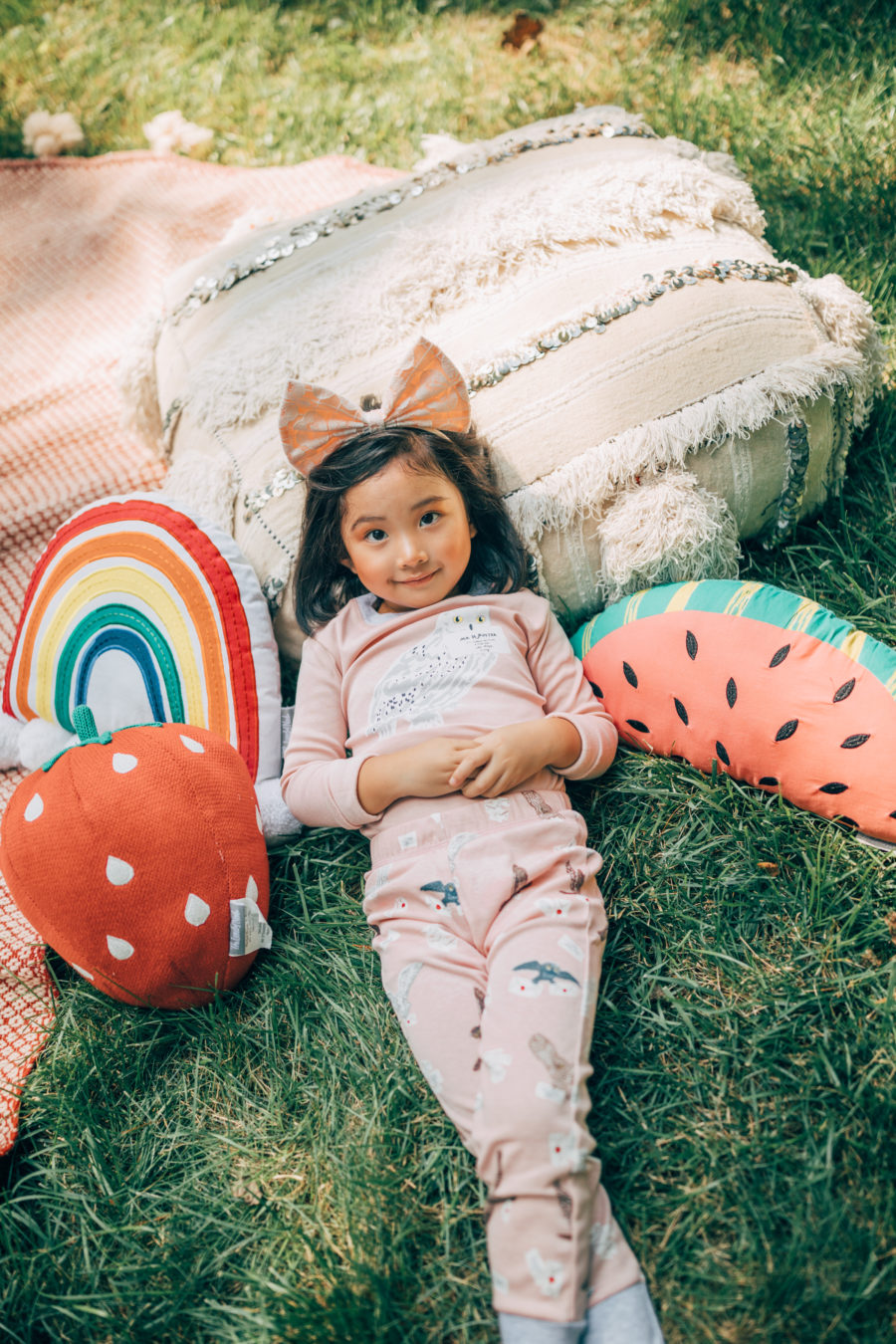 What you can do:
What you can do:
You can donate here to help fund and grow girl empowerment programs like WASH, MHM and more. Every dollar counts and goes a long way in these communities. In addition to making a small donation, you can also purchase gifts for these families in celebration of International Women’s Day. Here are some of my favorites:
– Reusable period pads + holders for 6 girls ($35)
– 10,000 water purification tablets ($48)
– WASH supplies that help 5 families during emergencies ($288 – includes water buckets with lids, soap, child potties, etc)
The last thing you can do is just spread the word about UNICEF and how they are diligently working to ensure clean drinking water and sanitation are available for everybody, no matter what!
